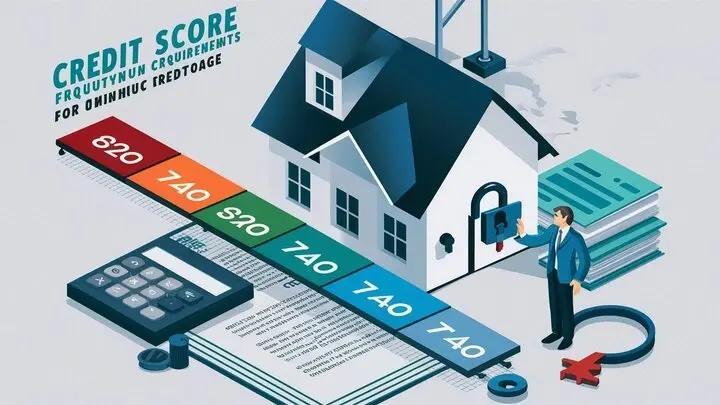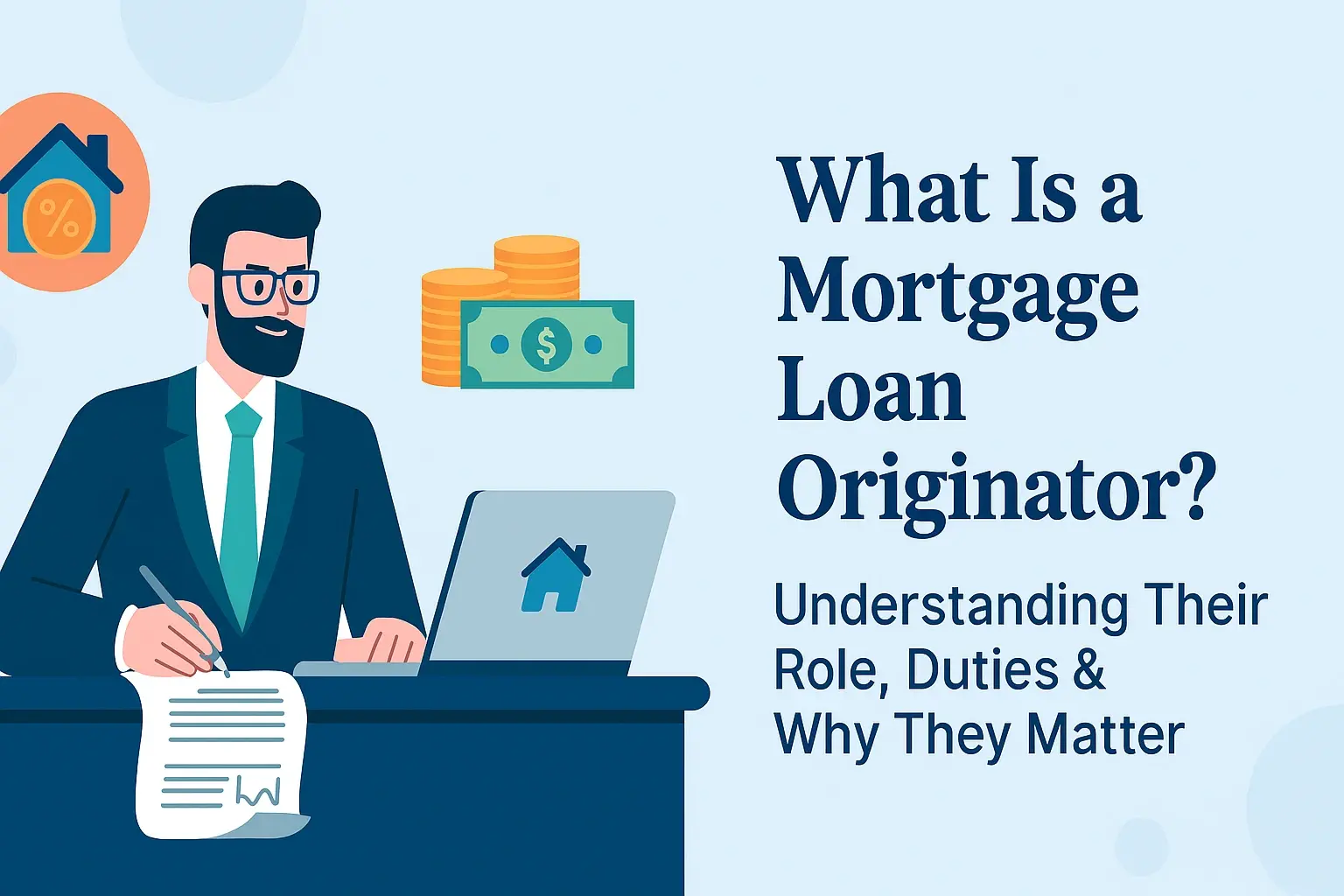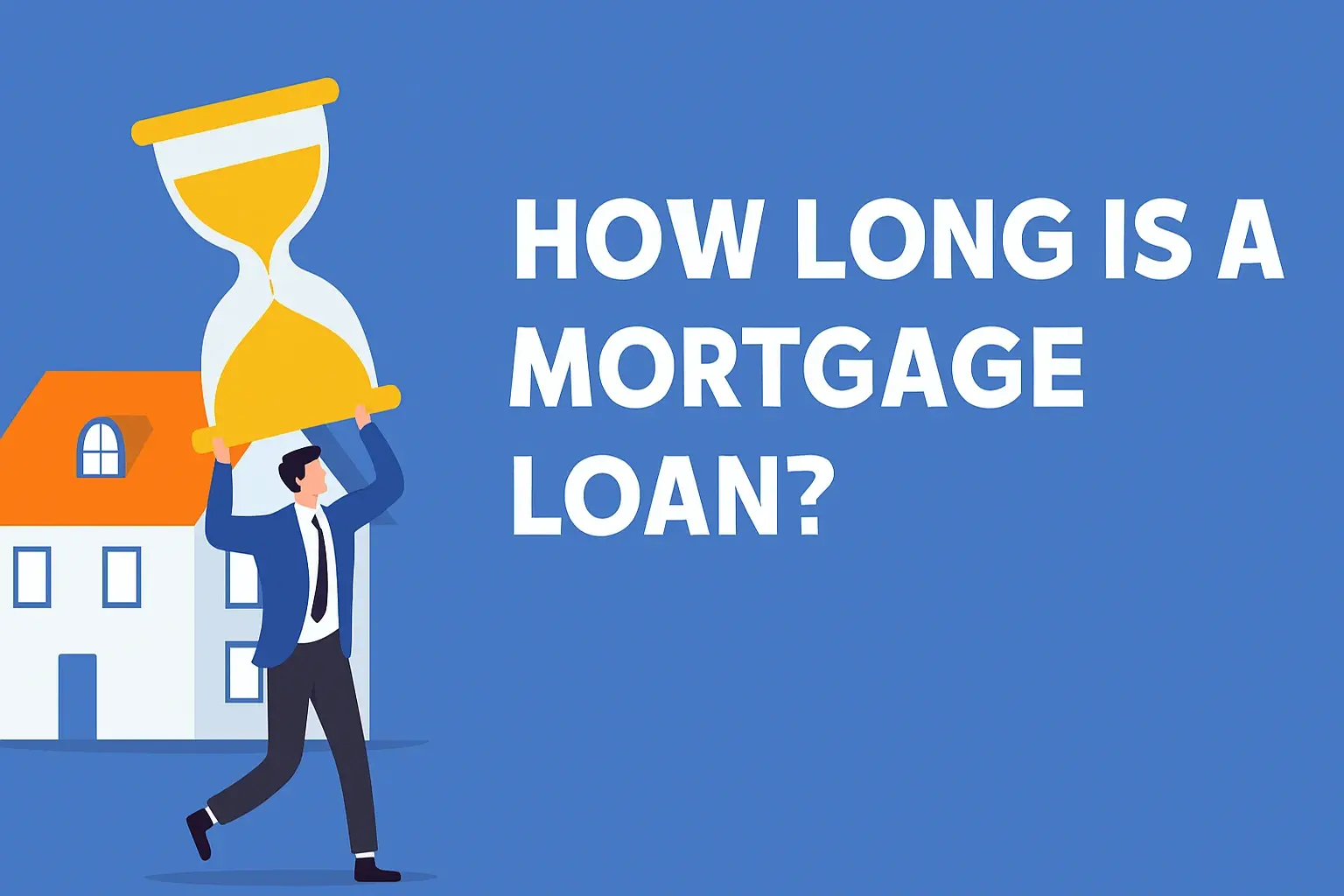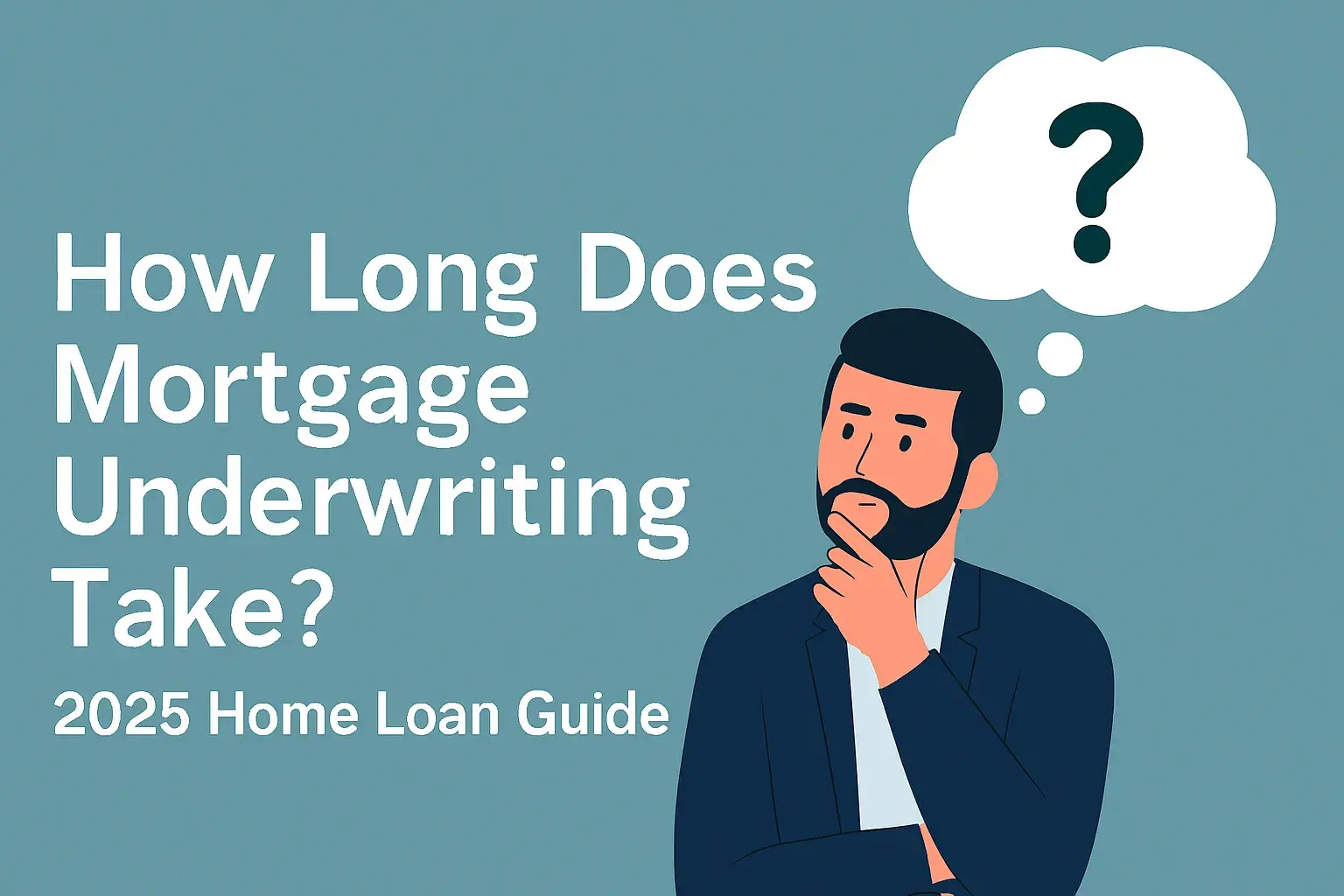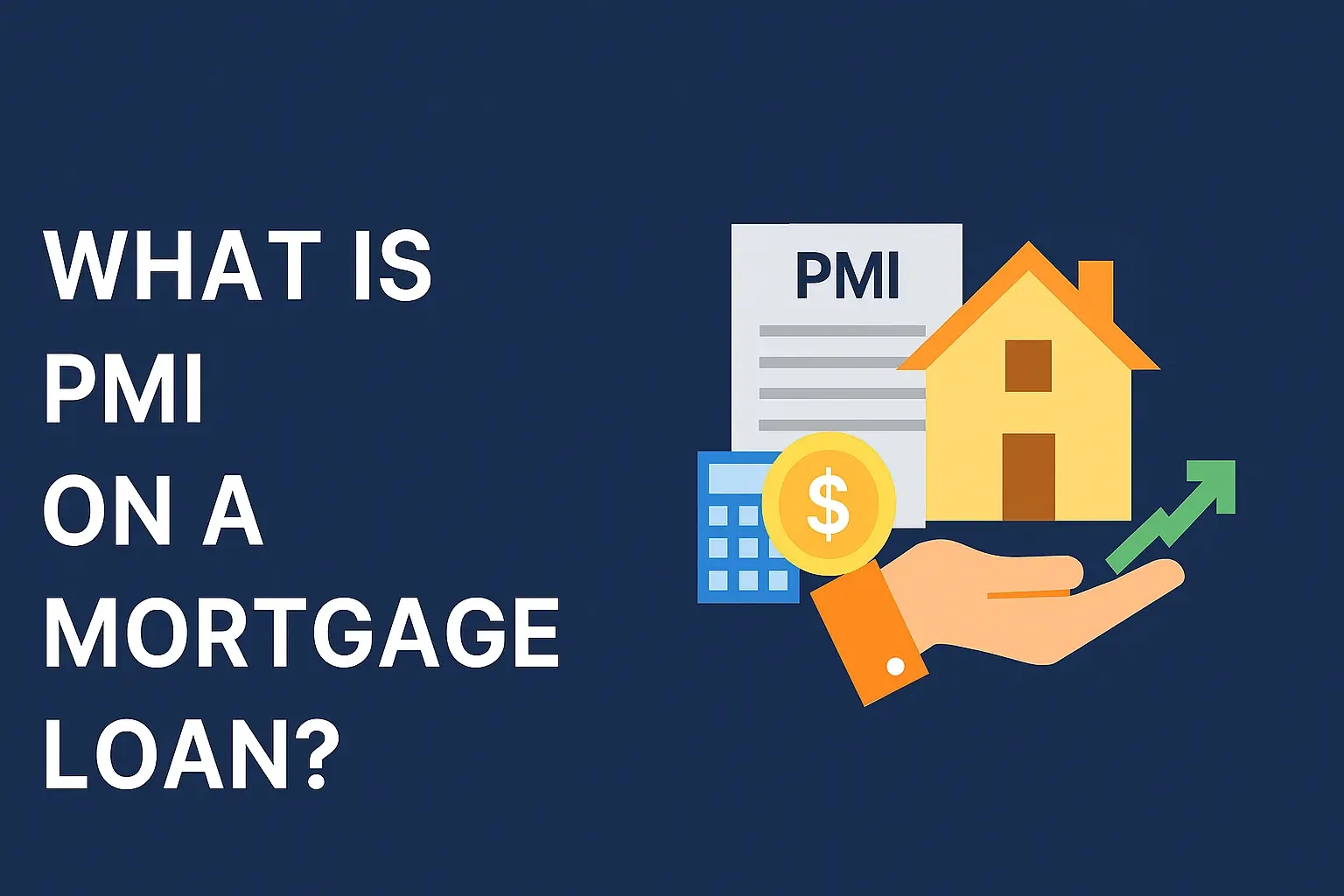Owning a home is a significant milestone for many, representing stability, security, and a sense of belonging. But the journey to homeownership often begins with a crucial hurdle: understanding and meeting the credit score requirements for a mortgage. This comprehensive guide will demystify the credit score landscape, providing you with the knowledge and tools you need to navigate the mortgage application process successfully and secure your dream home.
Understanding the Importance of Credit Score in Mortgage Approval
Your credit score is a three-digit number that lenders use to assess your creditworthiness. It essentially summarizes your credit history, reflecting your ability to repay debts responsibly. In the context of mortgages, a good credit score significantly increases your chances of approval and can lead to more favorable interest rates and loan terms. Lenders perceive borrowers with higher credit scores as less risky, making them more willing to extend credit.
A lower credit score, on the other hand, can make it difficult to qualify for a mortgage or result in higher interest rates and less desirable loan terms. In some cases, a poor credit score might even lead to outright rejection of your mortgage application.
The Impact of Credit Score on Interest Rates
The interest rate you receive on your mortgage directly impacts the total cost of your home over the loan's lifetime. Even a small difference in interest rate can translate to thousands of dollars in savings or additional expenses. Borrowers with excellent credit scores are typically offered the lowest interest rates, while those with lower scores face higher rates.
For example, a borrower with a credit score of 760 might qualify for an interest rate of 6%, while a borrower with a score of 650 might face an interest rate of 7%. Over a 30-year mortgage for $300,000, this 1% difference can result in tens of thousands of dollars in additional interest payments.
Decoding Credit Score Tiers for Mortgages
Mortgage lenders typically categorize credit scores into different tiers, each associated with varying levels of risk and corresponding interest rates. Understanding these tiers can help you gauge your chances of mortgage approval and anticipate the potential interest rate you might receive.
Excellent Credit (740+)
Borrowers in this tier are considered the least risky and are typically offered the most favorable loan terms and lowest interest rates. Having a credit score of 740 or higher significantly enhances your chances of mortgage approval.
Good Credit (680-739)
This is considered a solid credit score range. Borrowers in this tier are generally eligible for mortgages, but they might not receive the absolute lowest interest rates. A good credit score demonstrates a history of responsible credit management.
Fair Credit (620-679)
Qualifying for a mortgage with a fair credit score can be challenging. Lenders may require larger down payments or charge higher interest rates to compensate for the increased risk. Exploring government-backed loan programs like FHA loans might be a viable option for borrowers in this tier.
Poor Credit (Below 620)
Obtaining a traditional mortgage with a credit score below 620 is difficult. Lenders view borrowers in this tier as high-risk. While some specialized lenders might offer mortgages to individuals with poor credit, these loans typically come with significantly higher interest rates and fees. Focusing on credit repair and improving your score is crucial before applying for a mortgage.
Different Types of Mortgages and Their Credit Score Requirements
The type of mortgage you pursue also influences the required credit score. Different loan programs have different eligibility criteria, including minimum credit score thresholds.
Conventional Mortgages
Conventional mortgages are not backed by the government and are typically offered by private lenders. They generally require a higher credit score and a larger down payment compared to government-backed loans. A credit score of 620 or higher is generally required for conventional mortgages, but a score of 740 or higher is preferred to secure the best interest rates.
FHA Loans
FHA (Federal Housing Administration) loans are insured by the government and are designed to help borrowers with lower credit scores and smaller down payments achieve homeownership. FHA loans typically require a minimum credit score of 500 with a 10% down payment or a credit score of 580 with a 3.5% down payment. FHA loans are a popular option for first-time homebuyers.
VA Loans
VA (Department of Veterans Affairs) loans are guaranteed by the government and are available to eligible veterans, active-duty military personnel, and surviving spouses. VA loans often do not require a down payment and have more lenient credit score requirements than conventional loans. While the VA doesn't set a minimum credit score, most lenders require a score of at least 620.
USDA Loans
USDA (United States Department of Agriculture) loans are designed to help homebuyers purchase homes in rural areas. USDA loans offer no down payment options and typically have lower interest rates than conventional loans. Similar to VA loans, the USDA doesn't set a minimum credit score, but most lenders require a score of at least 620.
Strategies to Improve Your Credit Score Before Applying for a Mortgage
If your credit score isn't where you want it to be, don't despair. There are several strategies you can implement to improve your score before applying for a mortgage. These strategies require time and consistency, but they can significantly increase your chances of approval and help you secure better loan terms.
Check Your Credit Report Regularly
Obtain copies of your credit reports from all three major credit bureaus (Equifax, Experian, and TransUnion) and review them carefully for any errors or inaccuracies. Dispute any incorrect information with the credit bureau and the creditor involved. Correcting errors can significantly improve your credit score.
Pay Your Bills on Time
Payment history is the most important factor in determining your credit score. Make sure to pay all your bills on time, every time. Consider setting up automatic payments to avoid missing deadlines.
Reduce Your Credit Utilization Ratio
Your credit utilization ratio is the amount of credit you're using compared to your total available credit. Aim to keep your credit utilization ratio below 30%. For example, if you have a credit card with a $10,000 limit, try to keep your balance below $3,000.
Avoid Opening Too Many New Credit Accounts
Opening multiple new credit accounts in a short period can negatively impact your credit score. Each new account triggers a hard inquiry on your credit report, which can lower your score. Focus on managing your existing credit accounts responsibly.
Become an Authorized User
If you have a family member or friend with a long credit history and a good payment record, ask them if you can become an authorized user on their credit card. This can help you build credit history and improve your score.
Consider a Secured Credit Card
If you have limited or no credit history, a secured credit card can be a good way to start building credit. Secured credit cards require a security deposit, which serves as your credit limit. Using the card responsibly and paying your bills on time can help you establish a positive credit history.
The Role of Down Payment and Other Factors in Mortgage Approval
While credit score is a crucial factor, it's not the only consideration for mortgage lenders. Other factors, such as your down payment, debt-to-income ratio (DTI), and employment history, also play a significant role in the approval process.
Down Payment
The size of your down payment can impact your interest rate and the type of mortgage you qualify for. A larger down payment reduces the lender's risk, potentially leading to lower interest rates and the elimination of private mortgage insurance (PMI) for conventional loans.
Debt-to-Income Ratio (DTI)
Your DTI is the percentage of your gross monthly income that goes towards debt payments. Lenders use DTI to assess your ability to repay the mortgage. A lower DTI indicates that you have more disposable income and are less likely to default on your loan.
Employment History
Lenders want to see a stable employment history, demonstrating your ability to consistently earn income. They typically require proof of employment, such as pay stubs and W-2 forms.
Assets
Lenders will consider your assets, such as savings accounts, investments, and other valuable possessions. Having significant assets can strengthen your application and demonstrate your financial stability.
Working with a Mortgage Broker
Navigating the mortgage landscape can be complex. A mortgage broker can serve as a valuable resource, helping you understand your options, compare loan products from different lenders, and navigate the application process. Mortgage brokers have access to a wide range of loan programs and can help you find the best fit for your individual circumstances.
Staying Informed About Mortgage Rates and Trends
Mortgage rates fluctuate based on various economic factors. Staying informed about current mortgage rates and trends can help you time your mortgage application strategically and potentially secure a lower interest rate.
Utilize online resources, consult with financial advisors, and stay up-to-date with market news to make informed decisions about your mortgage.
